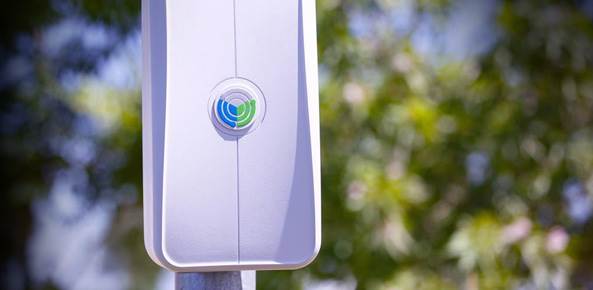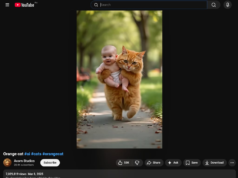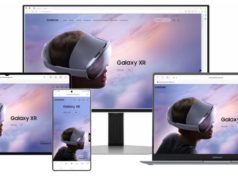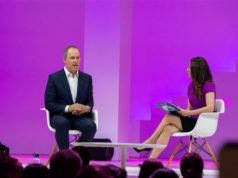Despite some setbacks with an earlier program aimed at getting more people online, Facebook is pushing ahead with a new effort to provide wireless Internet access to remote parts of the world: the OpenCellular wireless access platform.
Designed to support a variety of connection options from 2G to LTE, the OpenCellular system will be open sourced so telecom operators and other organizations can more easily build locally appropriate infrastructure to work with the platform, according to Facebook engineer Kashif Ali.
The system was also designed to work with a variety of power sources from batteries to solar, and to stand up to many different types of climates, said Ali, previously a co-founder of Endaga, a cellular network development company that was acquired by Facebook last fall.
In tests at Facebook’s labs, the OpenCellular system has so far been able to successfully send and receive SMS text messages, support voice calling and transfer data via 2G connectivity. Still in development in conjunction with various design and equipment manufacturing partners, the OpenCellular system is expected to be implemented sometime this summer, Ali said.
The ‘Last-Mile’ Challenge
Facebook CEO Mark Zuckerberg has long made it clear he wants to bring Internet access — along with access to Facebook — to as many people around the world as possible. Earlier this year, he reportedly told employees that he would like to see Facebook reach 5 billion users by 2030.
As of the end of March, the social networking company reported 1.65 billion monthly active users, including 1.51 billion who regularly access the site from mobile devices. Globally, Cisco has predicted there will be 5.5 billion people — 70 percent of the world’s population — using mobile devices by 2020.
However, Internet access isn’t always reliable for mobile users in developing economies and remote parts of the world. Many technology companies have proposed different solutions to that so-called “last-mile” challenge ranging from balloon-based connectivity (Google’s Project Loon) to Facebook’s controversial Internet.org initiative, rebranded as “Free Basics” after being widely criticized in India for promoting a two-tier Internet system.
Open System for Cost-Effectiveness
“More than 4 billion people still don’t have basic Internet access, and one of the biggest challenges is figuring out how to reach remote areas existing infrastructure doesn’t cover,” Zuckerberg wrote yesterday on his Facebook page. “We designed OpenCellular as an open system so anyone — from telecom operators to researchers to entrepreneurs — can build and operate wireless networks in remote places. It’s about the size of a shoe box and can support up to 1,500 people from as far as 10 kilometers away.”
Facebook plans to work with the Telecom Infra Project, an engineering-focused effort to deploy a telecom network infrastructure, to build an active open source community to support and advance the aims of OpenCellular, Ali wrote yesterday on Facebook’s Code blog.
“With OpenCellular, we want to develop affordable new technology that can expand capacity and make it more cost-effective for operators to deploy networks in places where coverage is scarce,” Ali said. “By open-sourcing the hardware and software designs for this technology, we expect costs to decrease for operators and to make it accessible to new participants.”






![[Video] Reimagined for Orchestra, ‘Over the Horizon 2026’](https://loginby.com/itnews/wp-content/uploads/2026/02/Video-Reimagined-for-Orchestra-‘Over-the-Horizon-2026’-100x75.jpg)
